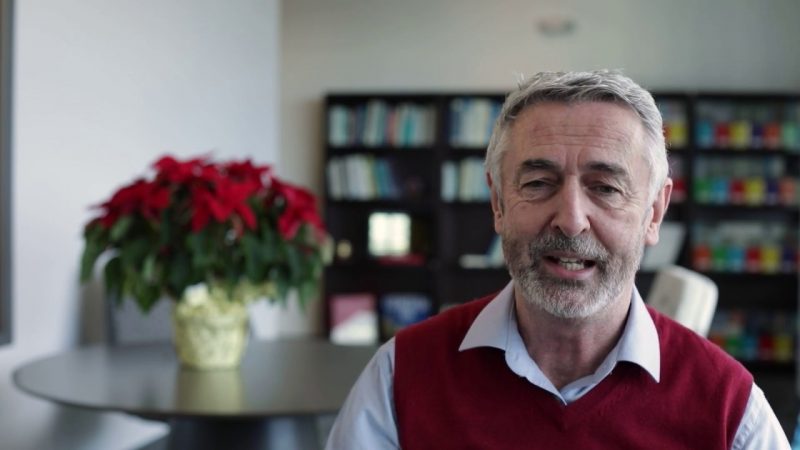International NGO calls on members to defend salmon farmers in B.C.
“The anti-aquaculture community in British Columbia is small, but they are loud and they have found the ear of the Canadian Liberal party.” – Global Aquaculture Alliance.
By SeaWestNews
The Global Aquaculture Alliance is calling on its members to come to the defence of B.C.’s salmon farmers saying the Liberal government’s pledge to phase out open-net aquaculture harms jobs, reduces healthy food choices and damages a sustainable industry.
“Through its Aquaculture Act, Justin Trudeau’s Liberal party is ignoring the good work that British Columbia’s salmon-farming industry has done by mandating a transition away from ocean net pen salmon farming and toward land-based production,” said Andrew Mallison the CEO of the Global Aquaculture Alliance – an international non-governmental organization (NGO) dedicated to advocacy, education and leadership in responsible aquaculture.
In an open letter to the Prime Minister, Mallison said the government’s move “not only reduces jobs in coastal communities and increases the cost of a very healthy food but will also discourage other regions of the world from operating responsibly, knowing that their good work may be all for naught if politicians chose to succumb to anti-aquaculture interests and effectively shut down an entire industry.”
“The anti-aquaculture community in British Columbia is small, but they are loud and they have found the ear of the Canadian Liberal party.
“I’m encouraging our members to come to the defense of British Columbia’s salmon-farming industry and voice their opposition to a policy that harms jobs, reduces healthy food choices and discourages responsible aquaculture,” he wrote in the letter.
Trudeau has told his new Minister of Fisheries and Oceans, Bernadette Jordan, to “work with the province of British Columbia and Indigenous communities to create a responsible plan to transition from open net-pen salmon farming in coastal British Columbia waters by 2025.”
Global aquaculture experts, scientists and the industry have also labelled this move as unrealistic, reckless and destructive because growing the global supply of salmon on land would require the same amount of energy per year needed to power a city of 1.2 million people and contribute to higher CO2 emissions.
Raising land based Atlantic salmon also costs 12 times more than ocean farming.
There will be ripple effects not only in British Columbia — where almost 7,000 families rely on salmon farming for their livelihoods, according to the B.C. Salmon Farmers Association — but also across the world, said Mallison.
Mallison said while the proposed land based salmon farms can also be perfectly acceptable, there is no inherent reason why a well-managed ocean net pen based farm cannot be a responsible choice.
The Global Aquaculture Alliance administers the Best Aquaculture Practices (BAP) third-party international certification system that verifies processes for seafood farmers in every phase of their operations to ensure food safety, environmental integrity, social responsibility, animal welfare and traceability.
“Perhaps no region has embraced the Global Aquaculture Alliance’s Best Aquaculture Practices (BAP) third-party certification program as much as British Columbia,” wrote Mallison.
“British Columbia was the world’s only region with 100 percent of its Atlantic salmon farms BAP certified. Today, 77 salmon farms in British Columbia are BAP certified, in addition to five processing plants and nine hatcheries.
When the BAP salmon farm standards were methodically developed by a technical commitment of aquaculture experts and painstakingly reviewed by GAA’s 12-member Standards Oversight Committee, consisting of representatives of the environmental community, academia and industry, British Columbia’s salmon-farming industry jumped at the opportunity to show the world that it is applying best practices in environmental responsibility, social responsibility, food safety and animal husbandry to its operations.
“The industry should be praised for leading by example…Let’s hope cooler heads prevail,” he said.
Image of Andrew Mallison courtesy of GAA

